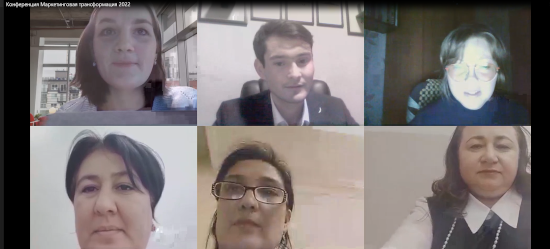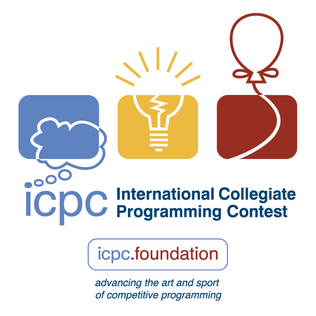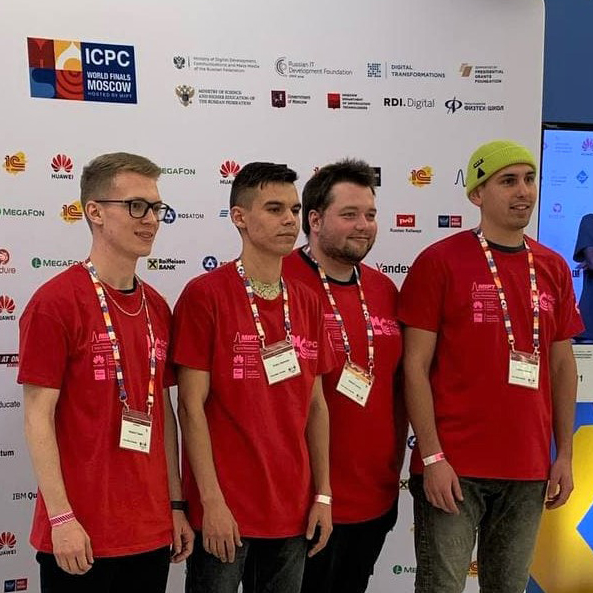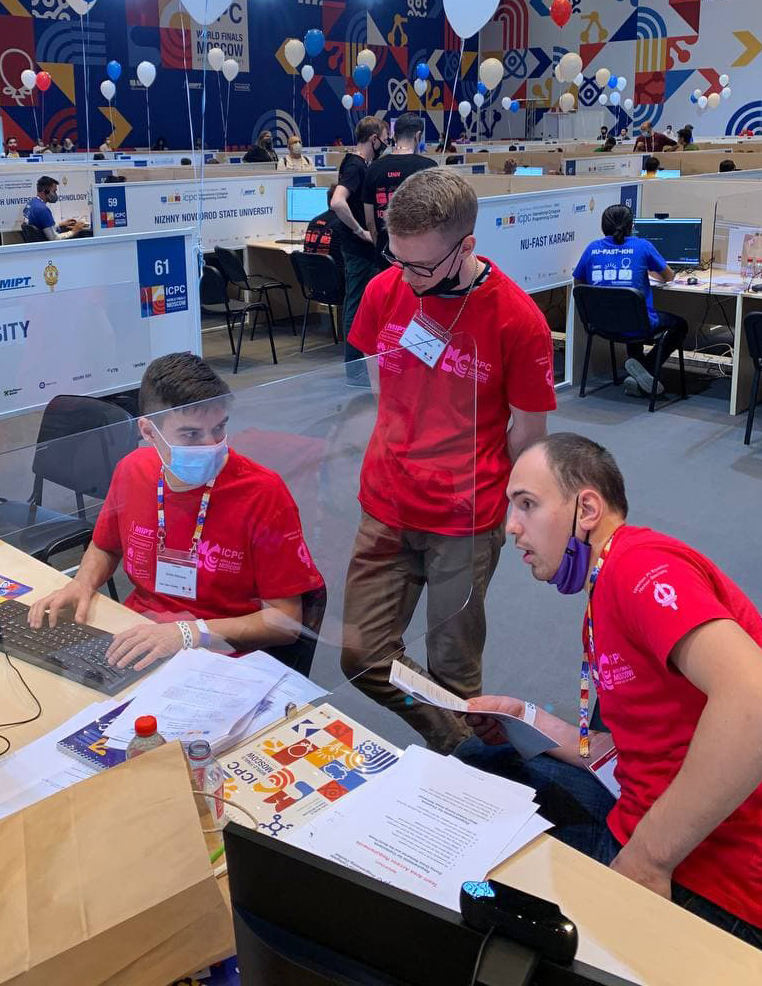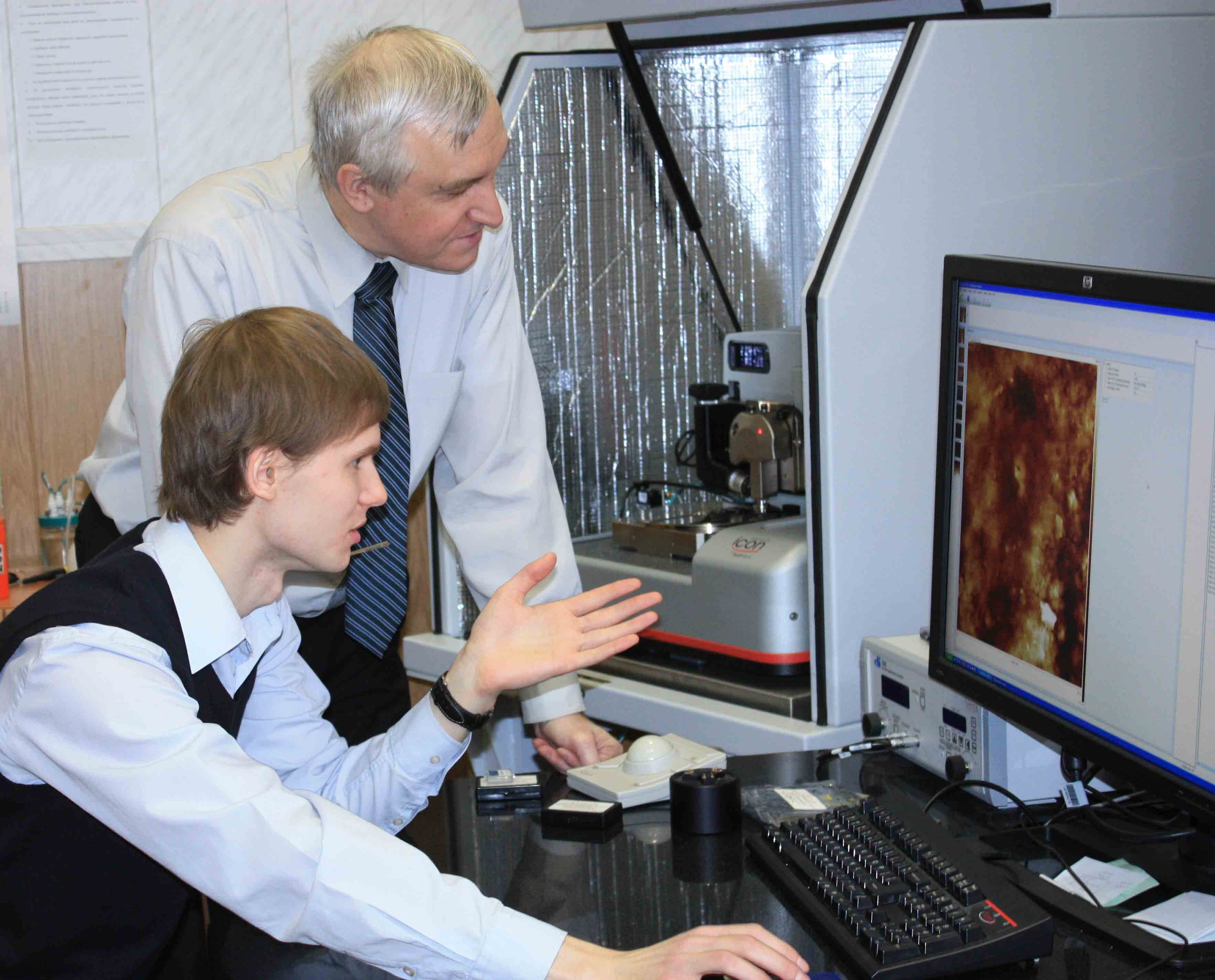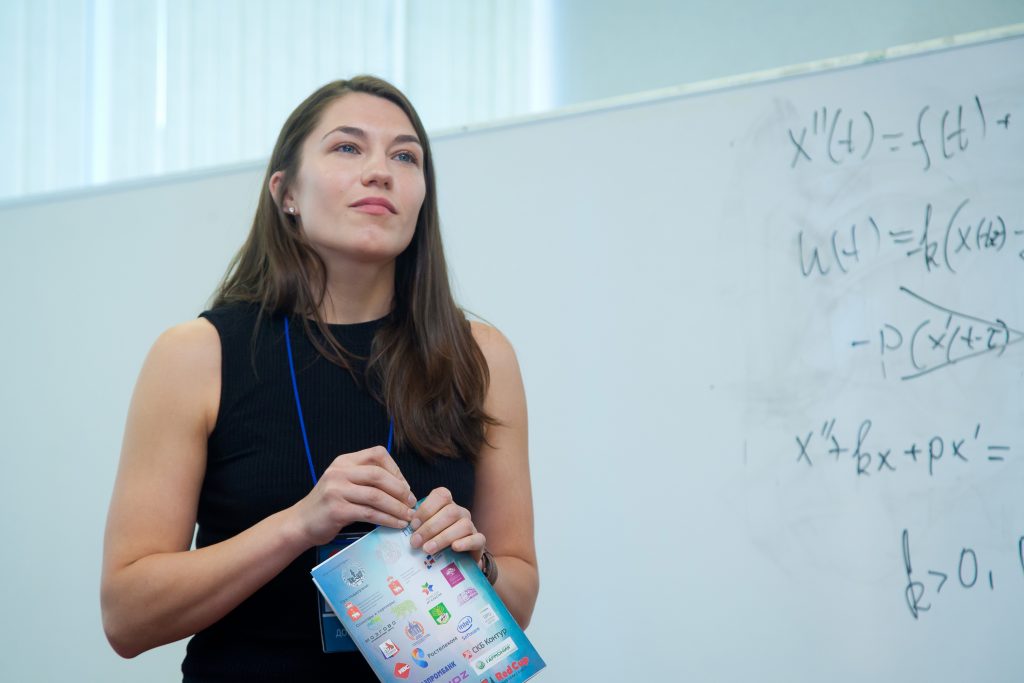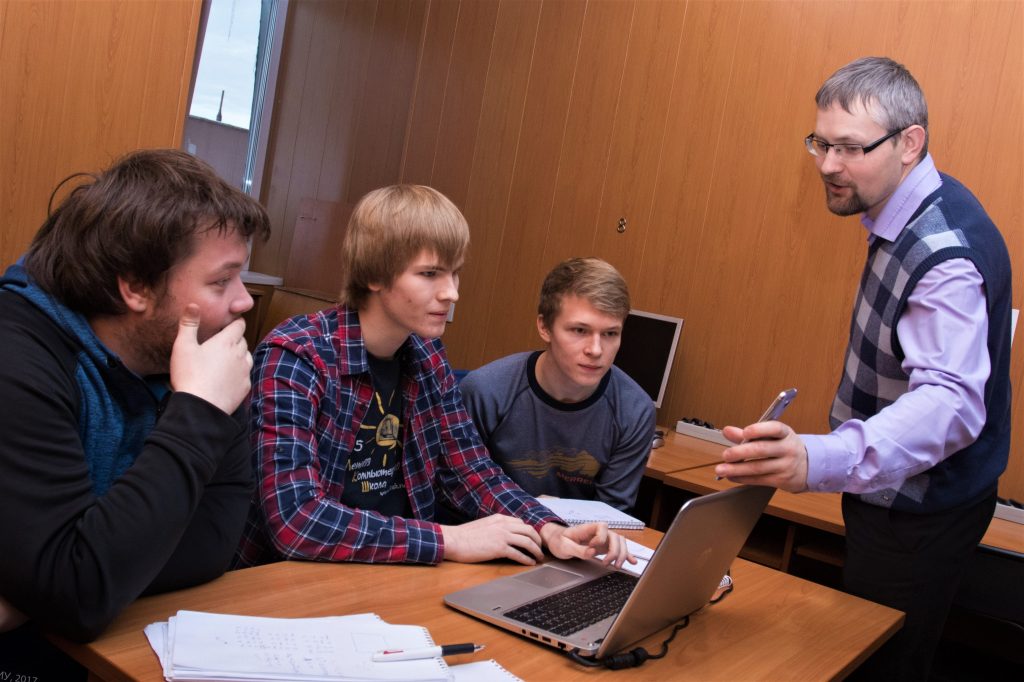Mathematicians Discuss Future of Global Artificial Intellect
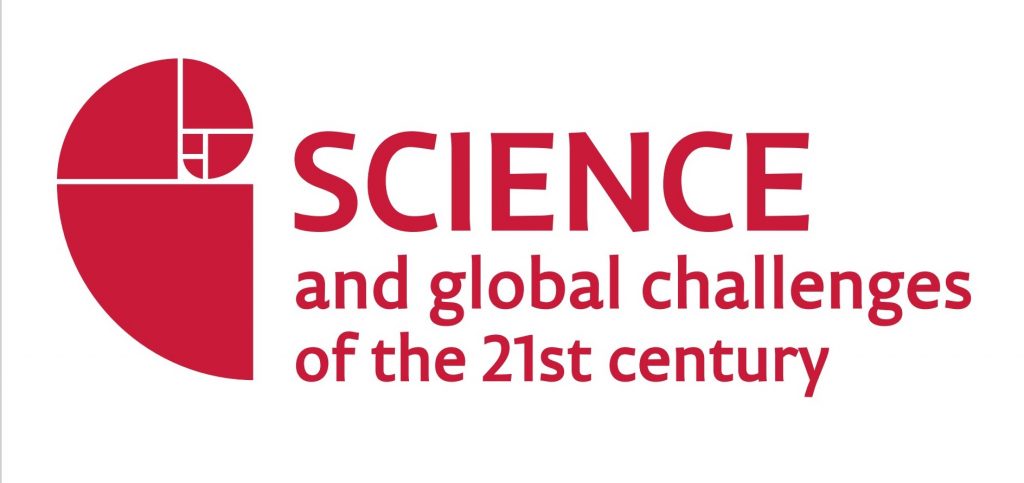
In October, 2022, the 8th All-Russian Scientific and Practical Conference “Artificial Intelligence at Solving Actual Social and Economic Problems of the 21st Century” united scholars from Perm, Moscow, Chelyabinsk, St. Petersburg, Nizhny Novgorod, Donetsk and Volgograd.
Alexander Losev, Head of the Institute of Mathematics and Information Technologies , Volgograd State University , analyzed the experience of using artificial intelligence in medical diagnostics. Lev Vorobyov, post-graduate student of Donetsk National Technical University, shared his ideas and plans of solving the related tasks in linguistics.
Aleksey Mezentsev, lecturer at the Department of Information Security and Communication Systems, PSU, accompanied by Alexandra Silina, lecturer at Perm College of Industrial and Information Technologies regarded previously unknown properties of neural networks to assign regulations of technological parameters within production processes – ensuring minimal negative defects and maximum quality of manufactured products.
Andrey Kuznetsov, Dean of the Faculty of Mechanics and Mathematics, PSU, provided a report on efficient introduction of artificial intelligence technologies and its prospects.
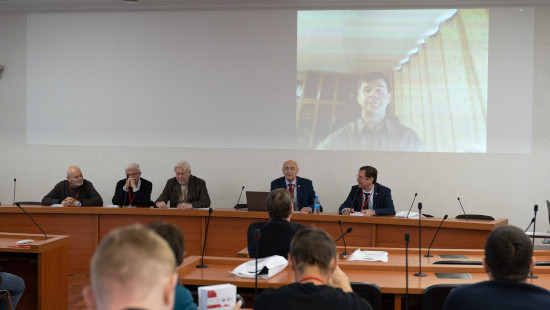
Andrei Rabchevsky, Senior Lecturer at the Department of Information Security and Communication Systems, PSU, revealed the capabilities of neural network when compared to the brain, while Yuri Lipin, Associate Professor at Perm National Research Polytechnic University proved those tasks incorporating image recognition might be quite successfully solved without the use of neural networks. The Conference participants also discussed the opportunities of using diagnostic neural networks in engine building, subsoil use and medicine.
The advanced research in artificial intelligence by Perm scientists has been praised by Vadim Borisov, President of the Russian Association of Artificial Intelligence, Professor of the Department of Management and Intelligent Technologies at National Research University “Moscow Power Engineering Institute”. According to Vadim Borisov, PSU scholars have been among the first ones to apply artificial intelligence methods in industry, economics, medicine, sociology, political science, forensics and sports.
The collection of conference materials is available here.

